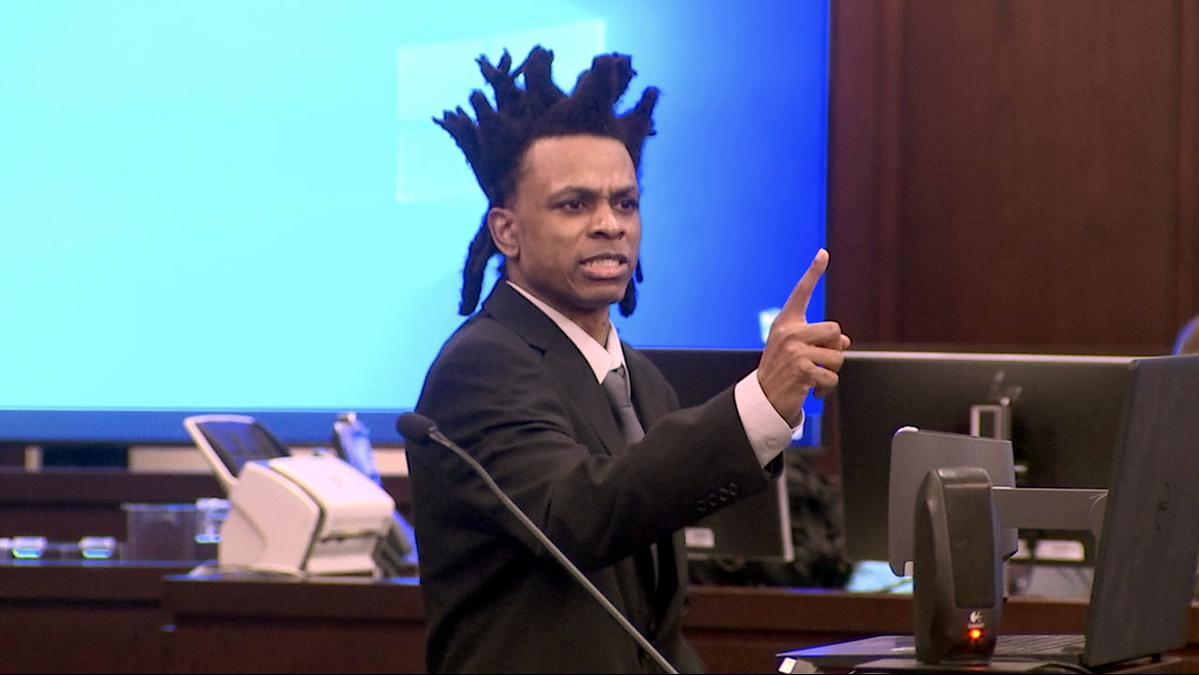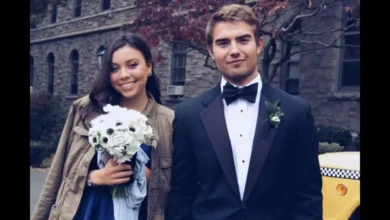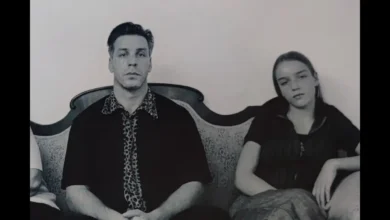Introduction to the Case of Ronnie Oneal
The case of Ronnie Oneal has captivated and horrified the nation. It’s a story that delves deep into the complexities of crime, mental health, and societal reactions. When news broke about the violent events surrounding Oneal and his family, it sent shockwaves through communities far beyond Florida, where it took place. The details are unsettling as they reveal the darker side of human behavior and its repercussions on families and society.
As we peel back the layers of this tragic incident, we uncover not just a tale of violence but also profound lessons regarding our legal system, social dynamics, and psychological struggles. This case serves as a critical reflection point for conversations around justice and mental health awareness today. Let’s explore what happened with Ronnie Oneal—the trial that followed—and how it has impacted us all on multiple levels.
Legal Perspective: The Trial and Verdict
The trial of Ronnie Oneal captured widespread attention due to its shocking nature. Charged with multiple counts, including murder, the proceedings were closely scrutinized.
Throughout the trial, prosecutors presented compelling evidence. Graphic details emerged about the brutal nature of the crimes he committed against his family. The courtroom atmosphere was tense as emotions ran high.
Oneal’s defense painted a different picture. They argued for diminished capacity based on mental health issues. This raised questions about accountability and understanding one’s actions during such dire circumstances.
After days of testimony and deliberation, jurors reached their verdict. The decision sent ripples through both legal circles and public discourse alike, reflecting society’s struggle with justice in extreme cases involving mental illness and violence.
Social Perspective: How the Case Sparked National Attention
The Ronnie Oneal case captured the nation’s attention for numerous reasons. It was not just a trial; it represented deeper societal issues that resonated across communities.
As details emerged, public interest escalated. The horror of the crimes shocked many, igniting debates about violence and domestic abuse. Social media platforms buzzed with discussions, amplifying voices that sought justice for victims.
News coverage painted a vivid picture of a family tragedy intertwined with questions about mental health and accountability. Viewers were invested in every detail—the courtroom drama became a shared experience.
This case also provoked conversations around systemic failures in protecting vulnerable individuals from abusive situations. Advocates rallied to raise awareness about domestic violence, pushing for reforms within the legal system to prevent future tragedies.
Ronnie Oneal’s story transcended his narrative, emulating broader societal challenges that demand urgent attention and action.
Psychological Perspective: Mental Health and Its Role in the Case
The Ronnie Oneal case raises critical questions about mental health and its implications within the legal system. His actions, marked by extreme violence, prompted discussions around psychological evaluation.
Experts pointed to various signs of mental illness that may have influenced his behavior. Understanding these factors is essential for a comprehensive view of the events leading up to the crime.
Mental health issues can often go unnoticed until they escalate into severe situations. This case serves as a stark reminder that early intervention is crucial.
Moreover, it highlights how society overlooks individuals who exhibit troubling behaviors. The need for better mental health resources becomes evident when examining such tragedies.
As our understanding of psychology evolves, so does our approach to justice and rehabilitation. Both the legal system and communities need to prioritize mental wellness alongside accountability.
Lessons Learned from the Case
The Ronnie Oneal case offers profound insights into our legal and societal frameworks. It highlights the complexities of mental health in criminal proceedings. Understanding these intricacies is vital for better judicial outcomes.
Moreover, the public’s reaction to the trial reflects a growing awareness of domestic violence issues. This case has ignited conversations about prevention and support systems available for victims.
Another lesson pertains to media coverage’s role in shaping narratives. The sensationalism surrounding high-profile cases often distracts crucial discussions on underlying social problems.
Additionally, it emphasizes the need for comprehensive training among law enforcement and legal professionals regarding mental health assessments. Such knowledge can lead to more informed decisions within the justice system.
This case serves as a reminder that each incident carries deeper societal implications that warrant examination and action beyond courtroom walls.
Impacts on Society and the Legal System
The case of Ronnie Oneal has left a profound impact on both society and the legal system. It reopened discussions about domestic violence, mental health issues, and the criminal justice process.
Communities have become more aware of the warning signs associated with abusive relationships. Many support organizations are now emphasizing education to prevent future tragedies.
In terms of the legal landscape, this case highlighted gaps in how courts handle defendants with mental health challenges. Legal professionals actively seek reforms to ensure that psychological evaluations are standard practice in similar cases.
Public discourse surrounding mental illness also grew louder. The stigma often attached to such conditions is challenged through conversations ignited by high-profile cases like Ronnie Oneal’s.
As society grapples with these complex themes, it becomes clear that lessons learned will influence future policies and awareness initiatives across various sectors.
Conclusion
The case of Ronnie Oneal serves as a poignant reminder of the complexities that intertwine legal, social, and psychological issues in our society. Each aspect reveals something vital about human behavior and the justice system’s responses.
From a legal perspective, the trial underscored the challenges of addressing violent crimes. The verdict reflected societal expectations for justice and the nuances of mental health considerations within criminal proceedings. It highlighted how important it is for courts to balance accountability with compassion when dealing with defendants facing significant psychological struggles.
Socially, this case captured national attention for its shocking nature and tragic consequences. Conversations about domestic violence were reignited, pushing communities to confront uncomfortable truths. Such discussions emphasize a need for more robust support systems to prevent future tragedies.
Psychologically, Oneal’s background raises critical questions regarding mental health resources available to those in crisis. Understanding his motivations opens avenues for better prevention strategies tailored toward individuals who might be struggling but are often overlooked until it’s too late.
This case has left an indelible mark on society and has implications beyond its courtroom drama. There is still much work needed in transforming not only how we perceive crime but also how we address underlying issues such as mental health care access and community education around domestic violence.
By reflecting on these lessons learned from Ronnie Oneal’s case, society can strive towards creating safer environments while fostering understanding and providing necessary resources to those who may desperately need them moving forward.




